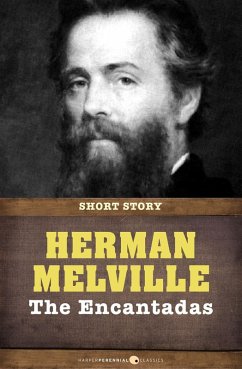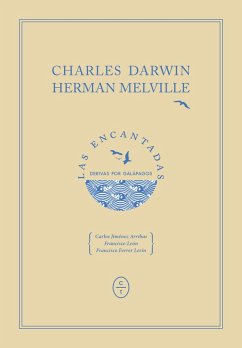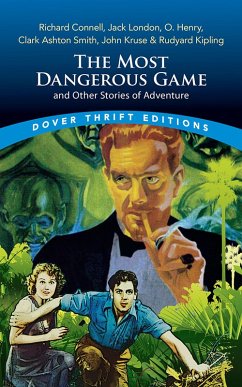
Encantadas and Other Stories (eBook, ePUB)

PAYBACK Punkte
2 °P sammeln!
Encantadas and Other Stories (eBook, ePUB)
Dieser Download kann aus rechtlichen Gründen nur mit Rechnungsadresse in A, B, BG, CY, CZ, D, DK, EW, E, FIN, F, GR, HR, H, IRL, I, LT, L, LR, M, NL, PL, P, R, S, SLO, SK ausgeliefert werden.













